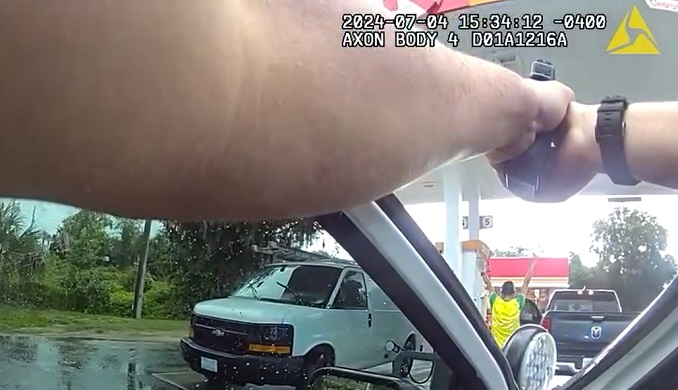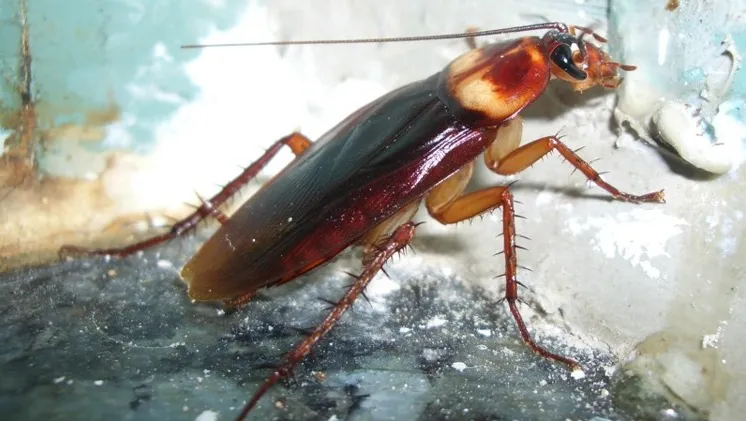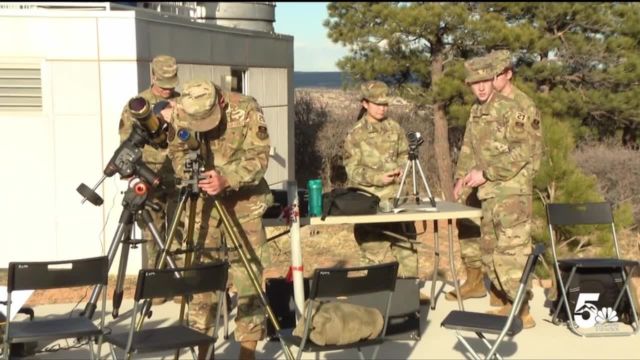Air Force Academy’s Bright Minds to Support Nasa in Eclipse Research
On Monday, many people throughout the world will see a total solar eclipse that will pass through numerous states. A crew of cadets is traveling to Illinois and Texas to assist NASA with research that could be useful for the future of satellites.
According to the Air Force, the United States lost 40 Starlink satellites in 2023 as a result of the interaction of solar winds and the Earth’s magnetic field.
“We’re taking data with the eclipse and studying it so that we can share that with NASA, and so that we can help other people learn about this eclipse,” Quinn Miller, a cadet in the Air Force, said.
- Auto Insurance Shopping Rises in Response to Soaring Insurance Rates: Report
- Avoid These 7 Missteps When Refinancing to a Lower Mortgage Rate
- Rising Home Prices Amid Slight Mortgage Rate Dip: Analysis
- Fresno County’s Groundbreaking Initiative: $500 Monthly Payments in New Guaranteed Income Program, Here is Who is Eligible
- Unlocking Financial Freedom: 5 Reasons to Opt for Personal Loans in Credit Card Debt Repayment
In Colorado Springs, we will have partial coverage, approximately 67%. “I missed the 2017 total solar eclipse,” Miller stated.
Cadets like Quin Miller and Ty Stromberg will be viewing this year’s eclipse from the path of totality.
- Will Everyone Get a $12,000 Stimulus Check in 2024? Find Out Eligibility
- $6400 Stimulus Checks in 2024: What You Need to Know About Eligibility and Payment Dates
- IRS 4th Stimulus Check 2024: Comprehensive Guide to Eligibility and Payment Dates
- 3 Smart Moves to Make Once Your Savings Reach $50,000, Here Are Crucial Actions to Take
- 3 Effective Ways to Pay Off Student Loans on a $50K Salary or Less, Know Here!
“We’ve been planning this probably since the last eclipse in October,” Stromberg told reporters.
They’re currently packing their equipment as part of a group of cadets from the academy’s Physics and Astronomy Club. They will travel with equipment to study the eclipse and transmit their findings to NASA. All to aid in a study aimed at better understanding the science that may lead to the loss of some satellites.
“It is officer-guided but entirely cadet-run. So we handle all of the details, such as planning and execution,” Stromberg explained.
For a solar event, this might have significant repercussions.
“We have a red filter on our sun telescope and solar filters on the DSLR cameras. Of course, as long as you don’t look directly at the camera or through our equipment, your eyes will be fine,” Stromberg stated.
The peak time here in the springs will be 12:39 p.m., and if you plan on witnessing the eclipse, make sure to wear appropriate eye protection.











